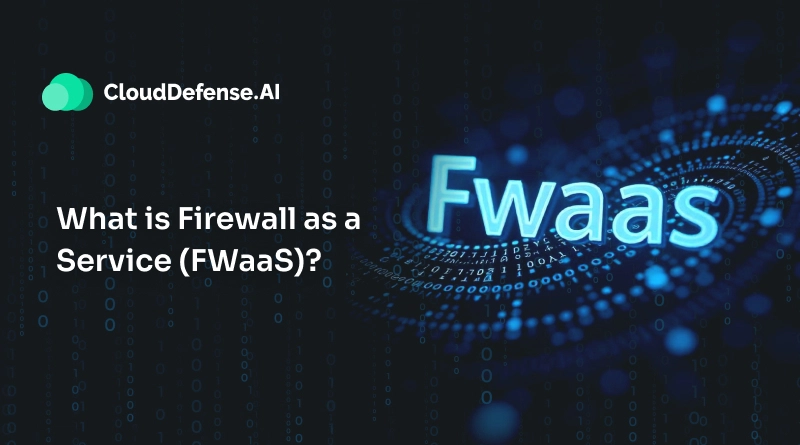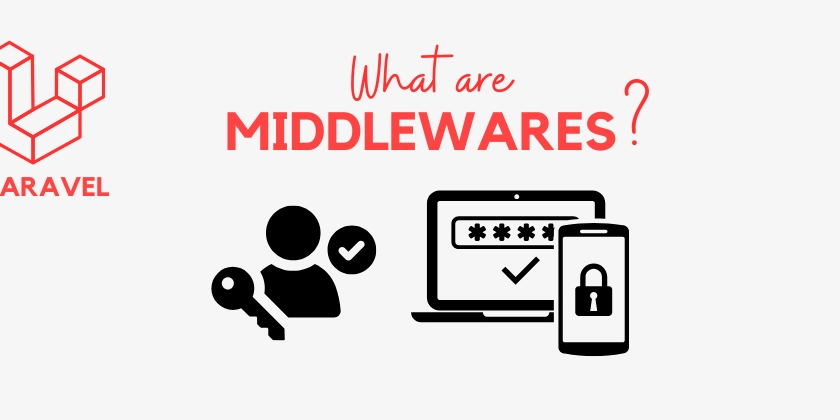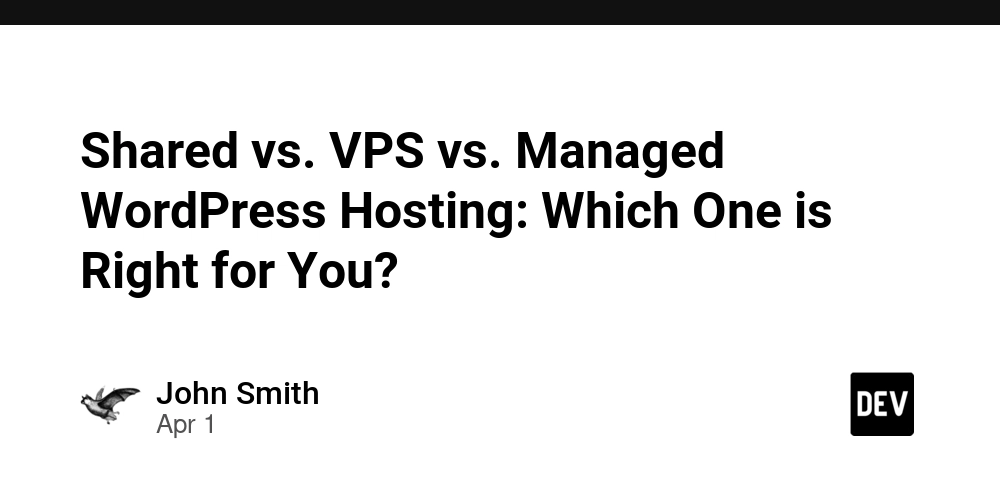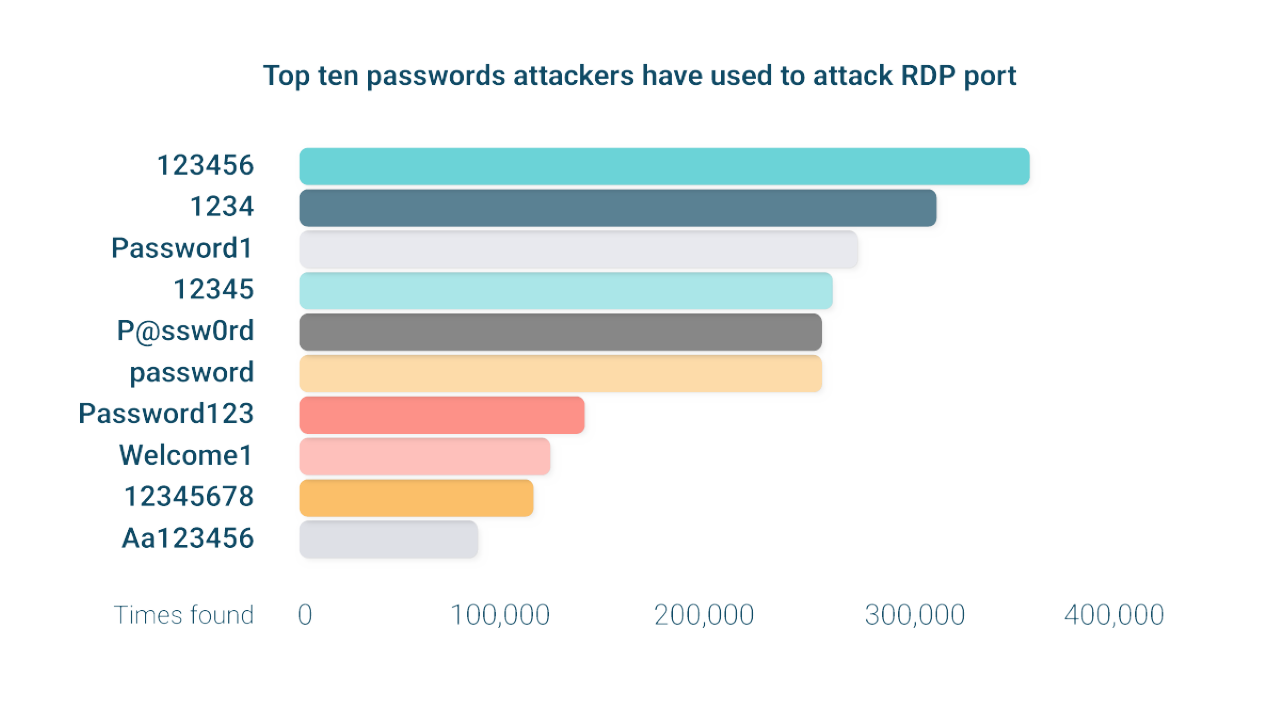What is Firewall as a Service (FWaaS)?
As cyber threats become increasingly sophisticated, businesses need advanced solutions to safeguard their digital infrastructure. Firewall as a Service (FWaaS) is a cloud-based security model that eliminates the need for physical firewall hardware while delivering powerful, scalable protection. But what sets FWaaS apart from traditional firewalls, and why is it becoming the preferred choice for businesses? Let’s explore. What is Firewall as a Service (FWaaS)? FWaaS is a cloud-driven firewall solution that provides robust network security without requiring businesses to manage on-premises hardware. Instead of purchasing, installing, and maintaining a firewall system, organizations subscribe to a provider that delivers firewall functionality over the internet. This shift allows companies to enhance their security while reducing IT complexities. FWaaS vs. Traditional Firewalls: Key Differences Both FWaaS and conventional firewalls aim to protect networks, but they operate in fundamentally different ways: Traditional Firewalls: Require physical appliances or local software. Need in-house IT teams for maintenance and updates. Scaling up requires additional hardware investment. Updates are often manual, leaving potential security gaps. FWaaS: Fully cloud-based, eliminating hardware requirements. Managed by security experts, reducing internal IT workload. Easily scalable to match evolving business needs. Automatic updates ensure continuous protection against cyber threats. A useful analogy: A traditional firewall is like a security guard stationed at your building, whereas FWaaS is a state-of-the-art surveillance system that operates remotely, offering automated security updates and 24/7 monitoring. How FWaaS Works With FWaaS, an organization’s internet traffic is directed through the provider’s cloud-based firewall. The security policies are customized based on business requirements, and the provider ensures enforcement, monitoring, and regular updates. This approach provides comprehensive security without the operational burden of manual maintenance. Advantages of FWaaS Cost-Effective: No need to invest in expensive hardware or IT resources. Scalability: Firewall capabilities can expand or contract as business demands change. Expert Oversight: Security professionals handle monitoring and updates. Unified Management: A centralized platform simplifies firewall rule implementation. Automatic Threat Protection: Continuous updates shield against emerging risks. Regulatory Compliance: Many providers follow industry security standards. Enhanced Security Features: Includes intrusion prevention, web filtering, and advanced analytics. FWaaS vs. SD-WAN vs. NGFW: Understanding the Differences FWaaS focuses on network security, while SD-WAN optimizes connectivity and NGFW (Next-Generation Firewall) provides deep traffic analysis. Businesses often integrate these technologies for a well-rounded security strategy. Final Takeaway Legacy security solutions struggle to keep pace with modern cyber threats. FWaaS offers a flexible, cost-efficient, and highly effective alternative, ensuring businesses stay secure without the complexities of traditional firewalls. Don't wait for a security breach—adopting FWaaS today can fortify your network against evolving threats.


As cyber threats become increasingly sophisticated, businesses need advanced solutions to safeguard their digital infrastructure. Firewall as a Service (FWaaS) is a cloud-based security model that eliminates the need for physical firewall hardware while delivering powerful, scalable protection. But what sets FWaaS apart from traditional firewalls, and why is it becoming the preferred choice for businesses? Let’s explore.
What is Firewall as a Service (FWaaS)?
FWaaS is a cloud-driven firewall solution that provides robust network security without requiring businesses to manage on-premises hardware. Instead of purchasing, installing, and maintaining a firewall system, organizations subscribe to a provider that delivers firewall functionality over the internet. This shift allows companies to enhance their security while reducing IT complexities.
FWaaS vs. Traditional Firewalls: Key Differences
Both FWaaS and conventional firewalls aim to protect networks, but they operate in fundamentally different ways:
Traditional Firewalls:
- Require physical appliances or local software.
- Need in-house IT teams for maintenance and updates.
- Scaling up requires additional hardware investment.
- Updates are often manual, leaving potential security gaps.
FWaaS:
- Fully cloud-based, eliminating hardware requirements.
- Managed by security experts, reducing internal IT workload.
- Easily scalable to match evolving business needs.
- Automatic updates ensure continuous protection against cyber threats.
A useful analogy: A traditional firewall is like a security guard stationed at your building, whereas FWaaS is a state-of-the-art surveillance system that operates remotely, offering automated security updates and 24/7 monitoring.
How FWaaS Works
With FWaaS, an organization’s internet traffic is directed through the provider’s cloud-based firewall. The security policies are customized based on business requirements, and the provider ensures enforcement, monitoring, and regular updates. This approach provides comprehensive security without the operational burden of manual maintenance.
Advantages of FWaaS
- Cost-Effective: No need to invest in expensive hardware or IT resources.
- Scalability: Firewall capabilities can expand or contract as business demands change.
- Expert Oversight: Security professionals handle monitoring and updates.
- Unified Management: A centralized platform simplifies firewall rule implementation.
- Automatic Threat Protection: Continuous updates shield against emerging risks.
- Regulatory Compliance: Many providers follow industry security standards.
- Enhanced Security Features: Includes intrusion prevention, web filtering, and advanced analytics.
FWaaS vs. SD-WAN vs. NGFW: Understanding the Differences
FWaaS focuses on network security, while SD-WAN optimizes connectivity and NGFW (Next-Generation Firewall) provides deep traffic analysis. Businesses often integrate these technologies for a well-rounded security strategy.
Final Takeaway
Legacy security solutions struggle to keep pace with modern cyber threats. FWaaS offers a flexible, cost-efficient, and highly effective alternative, ensuring businesses stay secure without the complexities of traditional firewalls. Don't wait for a security breach—adopting FWaaS today can fortify your network against evolving threats.

















![[The AI Show Episode 142]: ChatGPT’s New Image Generator, Studio Ghibli Craze and Backlash, Gemini 2.5, OpenAI Academy, 4o Updates, Vibe Marketing & xAI Acquires X](https://www.marketingaiinstitute.com/hubfs/ep%20142%20cover.png)
_marcos_alvarado_Alamy.jpg?#)

















/https://tf-cmsv2-smithsonianmag-media.s3.amazonaws.com/filer_public/2c/9d/2c9d05ee-5ef8-4a0c-9c23-90d5705d6745/main_hs-2015-44-b-xlarge_web-jpg.jpeg?#)








































